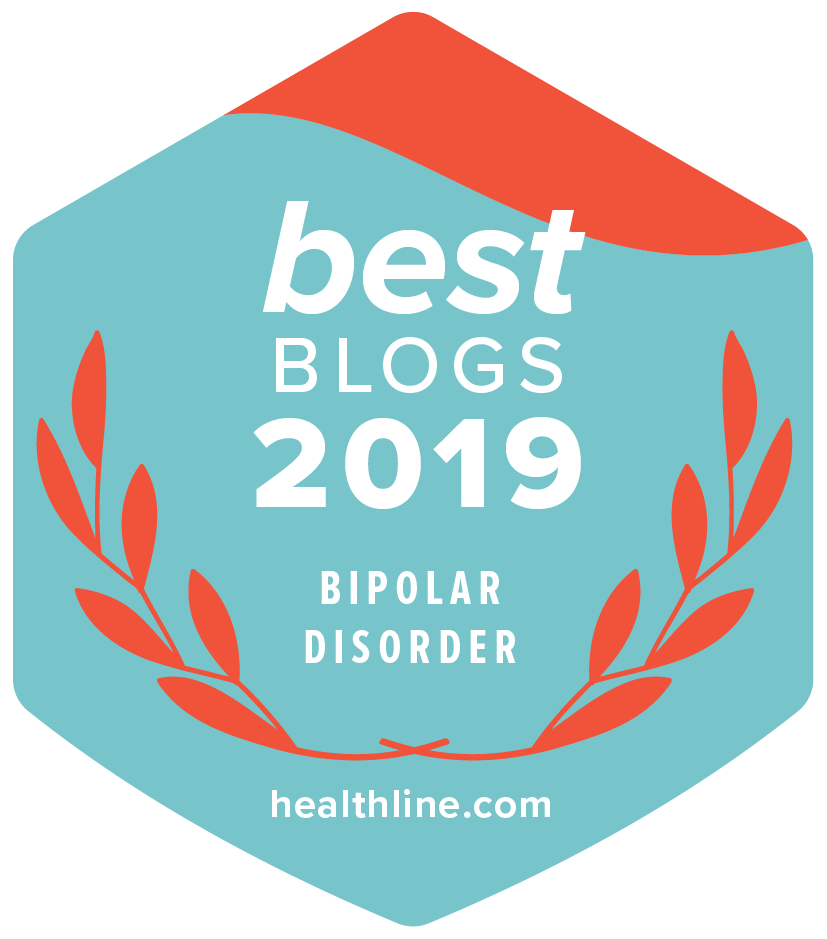 I often get letters from readers telling me how they use my books. Take Charge of Bipolar Disorder has a lot of workbook elements that are incredibly helpful if you want to manage the illness successfully.
I often get letters from readers telling me how they use my books. Take Charge of Bipolar Disorder has a lot of workbook elements that are incredibly helpful if you want to manage the illness successfully.
Hi Julie,
I’m reading and writing about your book, “Take charge of bipolar disorder”. My favorite chapter is on behavior change. It’s true I’ve gone through some very positive experiences lately, and it’s kicked in a depression, which doesn’t make any sense. Change is a real killer. Your chapter makes me feel hopeful about dealing with the fallout from change. I have to admit, your chapter on “work and money” hit too close to home, so I’m really making myself do the work. It’s easier to hide my head in the sand.. My apologies–there is such good info in there. Anyway, I like your book very much. Keep at it!
**
I love to hear from readers. Writing is very solitary. I write all of my books at libraries, coffee shops and at karaoke! But I’m always sitting by myself. I outline in noise and write in quiet! I’m writing this in Starbucks!
Julie







Hi Julie,
I’ve just pulled out your book again as I’m recovering from a depressive episode, and intend to use it as it helps a lot. You’ve talked about the time it takes to recover from a manic episode. I’m interested to know if recovery from depression is as difficult a transition for others as it is for me. My last was a pretty severe episode, and I was vastly under-medicated on Lamictal. Now that my dosage has been adjusted I’m feeling much better very quickly. And it feels weird.
While depressed, I know that it’s my brain lying to me, even though I have to fight to believe it. I know that the illness is preventing me from living as I want to and doing the things that make my life better: Basic things like picking up the living room and having a reasonably clean place to live, and much harder things like finding a new job. Now that the depression has lessened, I’m left with the same tasks to do and the knowledge that I can do them now. But, that still doesn’t help me do them. It’s scary because I don’t have the “excuse” of blaming depression for standing in my way. Now it’s all just me. It’s easy to blame myself for not being able to do things now that everything feels so much easier.
So it’s at this stage that I get the most benefit out of reading your books, especially Get It Done When You’re Depressed, because it’s so much easier to apply the techniques you talk about. Get It Done is the only book I’ve ever found that gives clear steps to making your life better, and it’s a great reminder to stop and remember that I still have bipolar, and it still affects my life in every way. Your book is my constant companion to help me get through this recovery period and beyond, and it really helps.
Thanks very much!
Susan